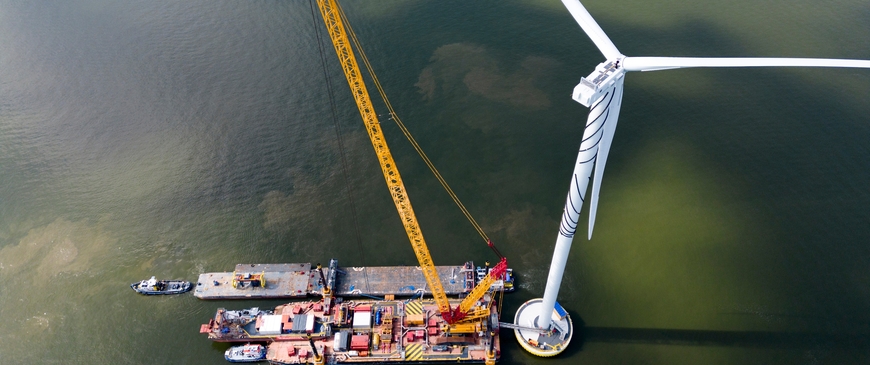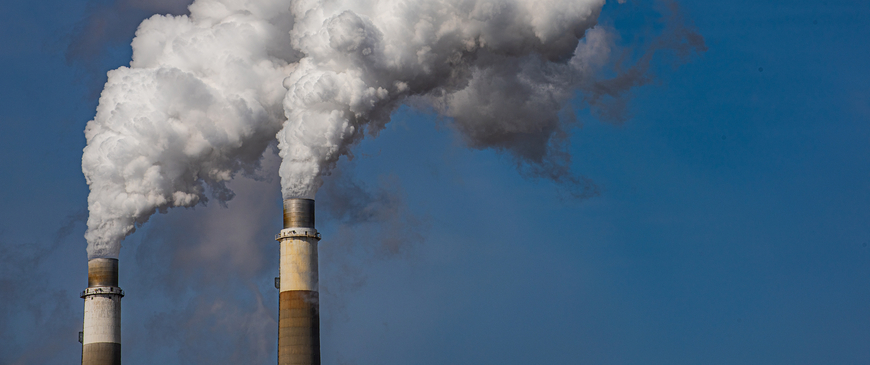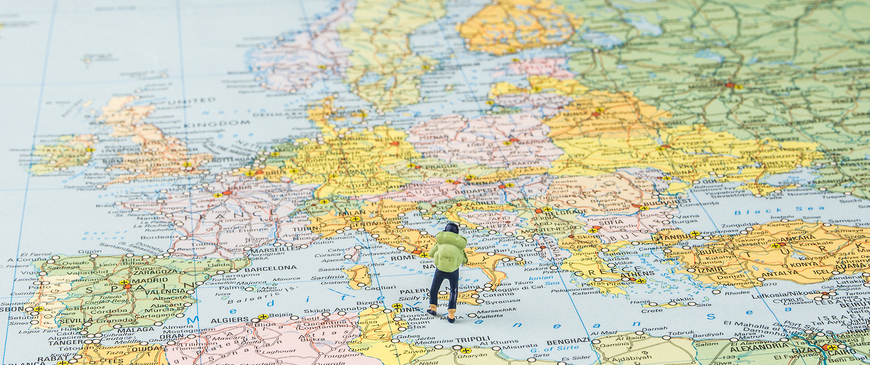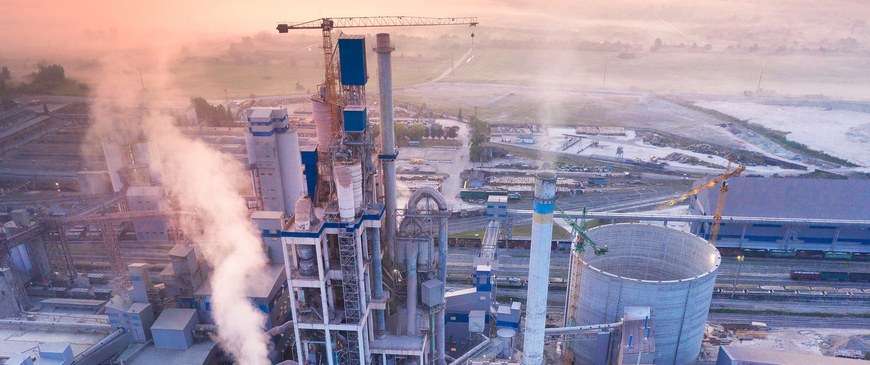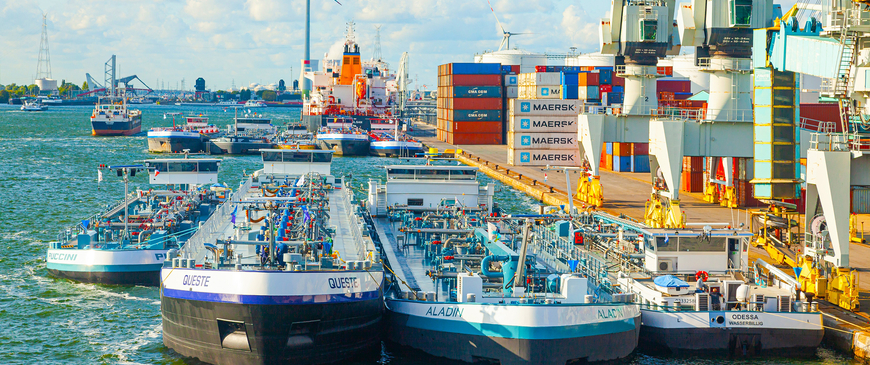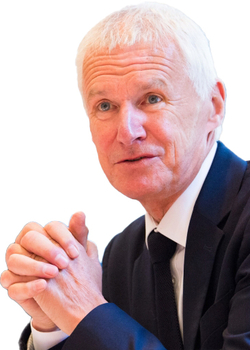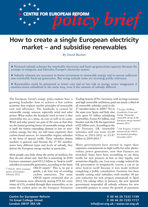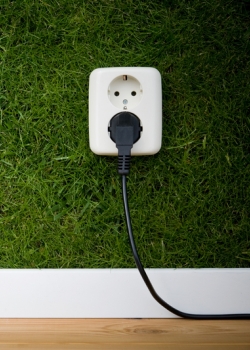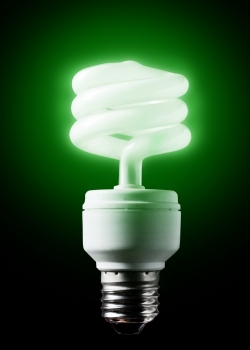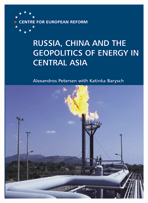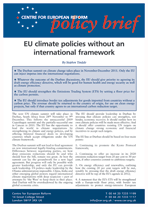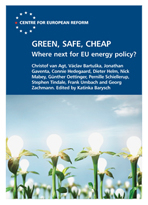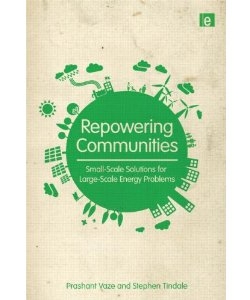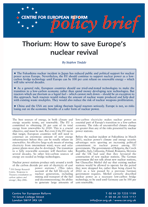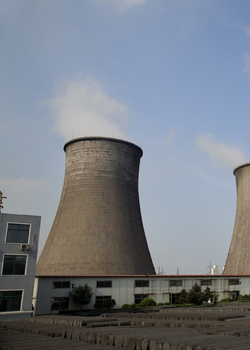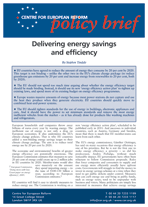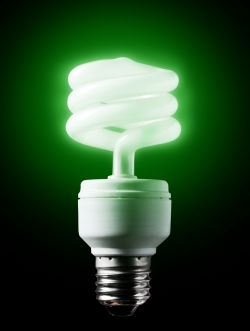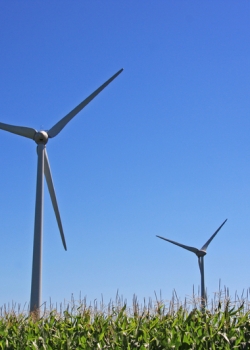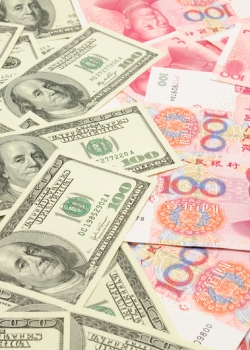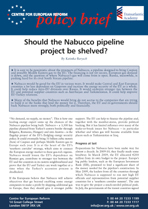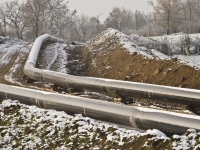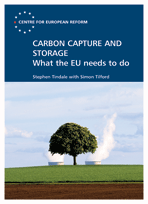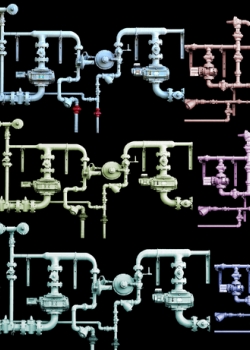Energy & climate
How to create a single European electricity market - and subsidise renewables
26 April 2012
Renewable energy needs subsidy. But different national subsidy schemes threaten energy integration. Schemes should be harmonised, even if the amount of subsidy continues to differ.
Energy efficiency: Made in Denmark, exportable to the rest of the EU?
11 April 2012
Denmark has Europe's most energy efficient economy. Copenhagen should stand firm behind the Commission's proposals on energy efficiency, which would save billions of euros.
The Commission's energy roadmap is a missed opportunity
22 December 2011
Instead of modelling scenarios in its 2050 energy roadmap, the Commission should have identified priorities for 2012 action: energy efficiency, ETS and a 2030 renewables target.
Russia, China and the geopolitics of energy in Central Asia
16 November 2011
China is challenging Russia's traditional dominance over Central Asia's oil and gas. The EU can help the Central Asian countries to prevent losing out in a new 'great game'.
EU climate policies without an international framework
21 October 2011
Whatever the outcome of the Durban climate summit, the EU should strengthen energy efficiency policies and the Emissions Trading System, to improve energy security.
Has Europe given up on fighting climate change?
28 September 2011
The EU has long prided itself on leading international efforts to control climate change. Today, the issue is nowhere near the top of the EU’s agenda, having been eclipsed by the economic downturn and the eurozone debt crisis.
Green, safe, cheap: Where next for EU energy policy?
09 September 2011
Is the EU's policy on renewables damaging the single market? Why do Europeans not use energy more efficiently? Is the EU's gas policy too obsessed with Russia?
Repowering communities: Small-scale solutions to large-scale energy problems Energy policy is at a crossroads
11 July 2011
Attempts to meet targets for carbon emissions, energy security and affordable energy for vulnerable households are all on a trajectory to failure.
Thorium: How to save Europe's nuclear revival
15 June 2011
The EU should continue to support nuclear power. Existing technologies should generally be used. But thorium liquid fuel reactors – which cannot melt down – should be an exception.
Carbon capture and storage: EU advancing, but not fast enough
03 June 2011
TGAE report
Carbon capture and storage (CCS) is an essential low-carbon bridge technology, to be used in the several decades it will take before Europe can be totally reliant on renewable energy.
Delivering energy savings and efficiency
19 January 2011
The EU should not waste its time arguing about whether to make its energy efficiency targets binding. Instead, it should focus on practical steps to improve energy efficiency. In this new CER policy brief Stephen Tindale calls for a strengthening of the EU's so-called 'combined heat and power directive' to...
The EU should be much bolder on energy efficiency
12 October 2010
The most pain-free way for European governments to fight climate change is to use energy more efficiently. At a recent energy conference hosted by the European Commission, it struck me that the EU still has a poverty of ambition when it comes to energy efficiency.
The EU must support clean energy, not dirty coal
02 August 2010
The EU aspires to be a world leader in reducing carbon emissions. It seeks to develop renewable sources of energy and new ways of making coal and gas cleaner.
Issue 73 - 2010
30 July 2010
- The US-China 'reset': An opportunity for the EU, Charles Grant
- The EU must support clean energy, not dirty coal, Stephen Tindale
- A childish take on the eurozone crisis, Philip Whyte
Shale gas and EU energy security
11 June 2010
Will unconventional gas solve Europe’s energy security problem? Many EU member-states rely a lot on Russian gas; in the case of some Central and East European countries the dependence is total.
Should the Nabucco pipeline project be shelved?
05 May 2010
Nabucco - a pipeline to bring Caspian and perhaps Middle Eastern gas to Europe - is the flagship project of the EU's fledgling energy diplomacy. Nabucco would add to the EU's energy security, strengthen its neighbourhood policies and improve relations with Turkey.
Weak carbon prices threaten the EU’s environmental leadership
05 March 2010
TGAE report
The EU’s Emissions Trading Scheme (EU ETS) works by capping the output of carbon dioxide and then distributing allowances to emit the gas to large energy users.
How to build an EU energy market
18 February 2010
Unbundling the supply of energy from its transport, moving Europe towards a low-carbon energy system, and getting the Nabucco pipeline built – these were the priorities of the last energy commissioner, Andris Piebalgs. His successor, Günther Oettinger, will write his own to-do list. The EU now has a dedicated climate change commissioner, Connie Hedegard, with whom Oettinger will have to work closely.
Carbon capture and storage: What the EU needs to do
12 February 2010
Coal will be the biggest single source of electricity for decades to come. Yet the EU is doing far too little to encourage the take-up of carbon capture and storage, a technology which could make coal a low-carbon fuel.
Pipeline politics: Why Nabucco is stuck
29 January 2010
Last year, plans for the Nabucco pipeline – almost a decade in the making – appeared finally to make some headway. In March, the EU earmarked €200 million for preparatory work.

